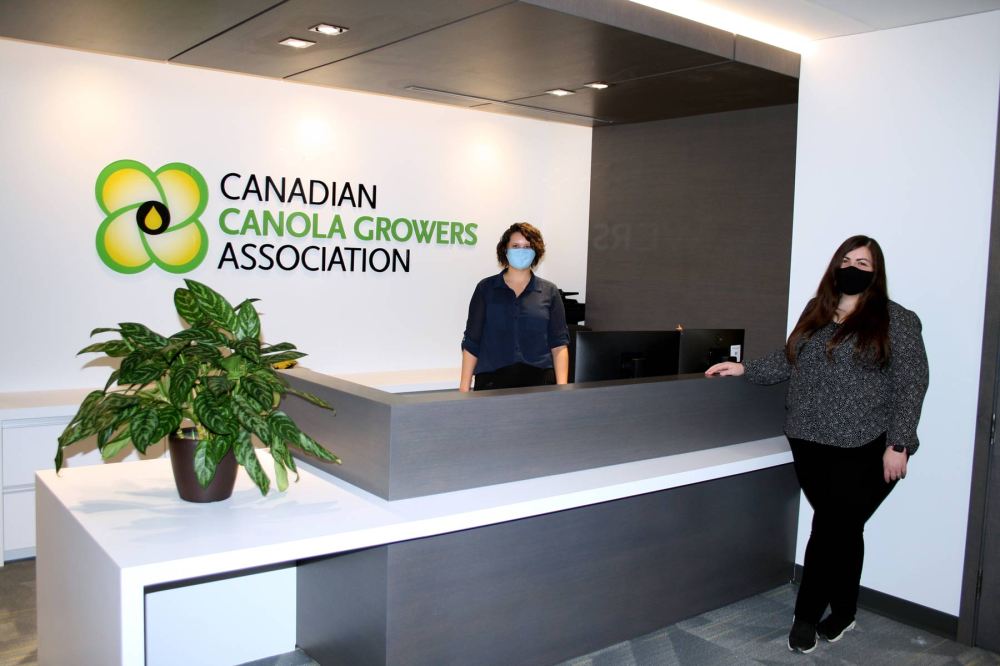Advertisement
Read this article for free:
or
Already have an account? Log in here »
To continue reading, please subscribe:
Monthly Digital Subscription
$0 for the first 4 weeks*
- Enjoy unlimited reading on winnipegfreepress.com
- Read the E-Edition, our digital replica newspaper
- Access News Break, our award-winning app
- Play interactive puzzles
*No charge for 4 weeks then price increases to the regular rate of $19.00 plus GST every four weeks. Offer available to new and qualified returning subscribers only. Cancel any time.
Monthly Digital Subscription
$4.75/week*
- Enjoy unlimited reading on winnipegfreepress.com
- Read the E-Edition, our digital replica newspaper
- Access News Break, our award-winning app
- Play interactive puzzles
*Billed as $19 plus GST every four weeks. Cancel any time.
To continue reading, please subscribe:
Add Free Press access to your Brandon Sun subscription for only an additional
$1 for the first 4 weeks*
*Your next subscription payment will increase by $1.00 and you will be charged $16.99 plus GST for four weeks. After four weeks, your payment will increase to $23.99 plus GST every four weeks.
Read unlimited articles for free today:
or
Already have an account? Log in here »
Hey there, time traveller!
This article was published 15/03/2022 (1363 days ago), so information in it may no longer be current.
After working from home for some 18 months, Joy Leonard welcomed the call this past September to return to the Winnipeg headquarters of the Canadian Canola Growers Association (CCGA).
“It’s fun to come to work,” says Leonard, an assistant manager for advance issuance. “Our leaders make sure the staff feels appreciated. They go out of their way to recognize the work people do.”
Indeed “they” do, says president and CEO Rick White. “We listen to our employees with the goal of better understanding what’s important to them and what motivates them. Our employees see that their jobs have purpose and have an impact on the farmers our organization represents.”

For over 35 years, CCGA has been helping farmers succeed. The organization administers the Advance Payments Program, a federal loan program that supports farmers’ financial and marketing needs. Each year, CCGA issues cash advances of approximately $2 billion to Western Canadian farmers.
As the national policy voice for Canada’s 43,000 canola farmers, CCGA enhances farm competitiveness through its policy development and advocacy functions. “We conduct in-depth policy analysis here in Winnipeg,” says White. “Our Ottawa office lobbies the federal government on national and international concerns. We meet regularly with ministers and senior bureaucrats on environmental, rail transport and trade issues.”
White adds that a background in agriculture is not, by any means, a prerequisite for working with CCGA. In fact, many team members have education or professional experience in fields as diverse as economics, communications, accounting, IT, and human resources, among other things. “Many have said they never anticipated a career working in agriculture but really enjoy the industry and the work,” says White.
For her part, Leonard started as a contact centre representative in the cash advance program. She helped farmers complete applications and answered various other queries. She was subsequently appointed temporary supervisor in the department before moving to her current role where she oversees the contact centre, processing department, quality assurance, compliance department and the mailroom.
Onboarding is a critical process for new employees at CCGA. They receive a package before their start date that provides them with an itinerary for their first two weeks. Part of the onboarding process includes meeting with the CEO, members of the leadership team and managers from relevant work teams.
“That provides new employees with an opportunity to ask questions and connect with key decision makers,” says White. “It helps them feel comfortable, welcome and part of the larger team.”
Professional development is a big part of the organization’s culture. Employees have access to a wide array of online learning tools. They can take part in Lunch and Learns, various in-house training sessions, and the annual staff development day. CCGA’s learning and development policy provides employees with support for individual professional development. As well, CCGA has contracted with an outside learning coach who delivers individual sessions for employees in supervisory or managerial positions.
CCGA began bringing employees back to the office in September in groups of 10 to 15 at a time in order to give everyone a chance to adjust to what was formerly a familiar daily routine. But they are also permitted to continue working remotely up to two days a week.
“I prefer the office, but I do like the flexibility,” says Leonard. “It makes life a lot easier.”

This article is produced by the Advertising Department of the Winnipeg Free Press, in collaboration with Manitoba’s Top Employers 2022

